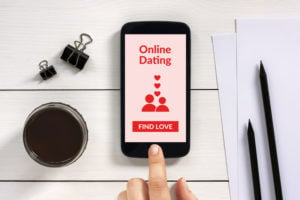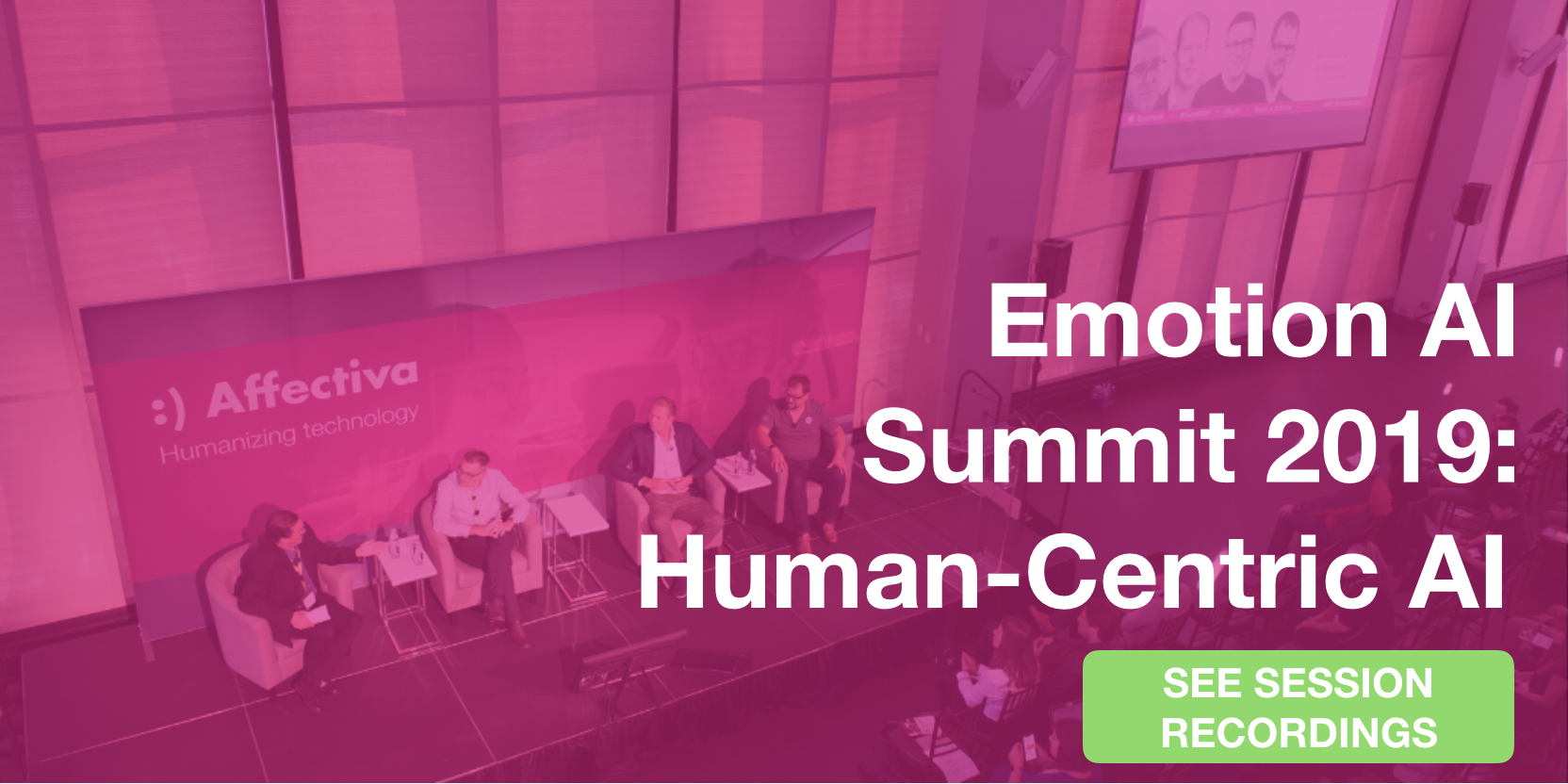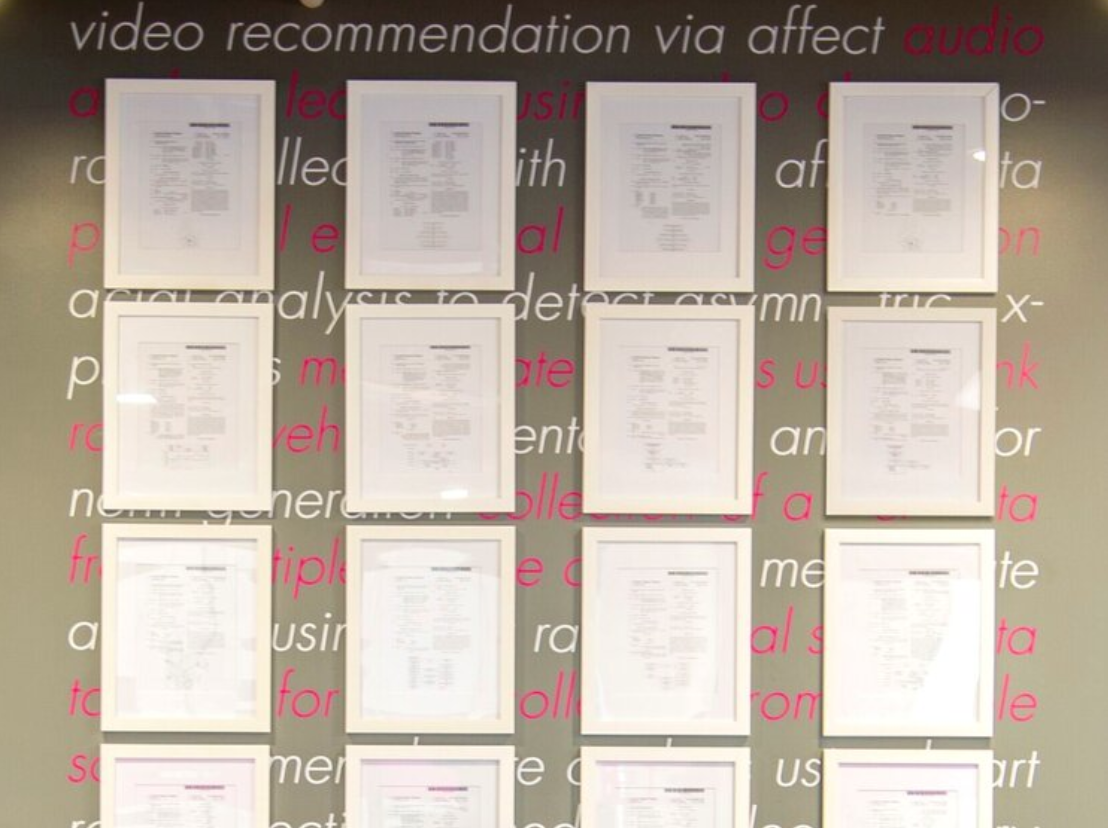By: Ben Anding, Integration Engineer
Glasses clink around you, the dishes have been empty for half an hour now, but still you’re glued to your spot, entranced by your partner and this conversation.
Every once in awhile a perfect date happens. Is it chemistry? Is it magic? Who cares? Simply existing in such moments makes all the time invested in chasing them worthwhile.
Unfortunately, just as often that investment can end in tragedy. All too common is the nightmare story: Halfway through the most thorough shower of your life your phone rings. You check the voicemail, “I’m so sorry to do this to you, but I can’t make it tonight.”
Finding good candidates for candid dates is the toughest part of the dating world. With the prevalence of online dating now, the romantic dynamic has shifted. Connections that ordinarily would have transpired at a bar, a cafe, or a party now arise on the net. It seems real keepers are now opting to stay in rather than ‘soiree;’ casting their fates to the digital wind and looking for physical love in an online space.
The sheer amount of eligible bachelors and bachelorettes transitioning to online dating practically makes the use of online dating platforms a necessity. Most of these platforms, such as Tinder and Bumble, have a model in which an account is created using a few photographs and a short description of one’s self. Users then vet other interested parties, typically by swiping to indicate interest or disinterest. This model has been successful thus far, but judging someone based solely on a few selfies and a 160 character tweet is incredibly impersonal.

A large issue here is that these platforms serve profiles to a user for scrutiny basing the likelihood of a match solely on physical distance and a few shared social media connections. The user bases are regularly devoid of a unified purpose, leading to a phenomenon known as “ghosting.” With a limited amount of personal information available and an overwhelming amount of profiles from which to choose, users subject eligible members to a “checklist” mentality. Potentially successful matches are frequently ignored over inconsequential details in search of the “perfect match.”
It’s easy to visualize a future in which the awkward game of distance-based blind date roulette has vanished. Imagine a dating platform where every profile you view is chosen based on the compatibility of your emotional mindsets. No longer will one worry about having anything in common, because matches will be curated based on mutual feelings as well as mutual interest. This will be achieved using emotion sensing technology to gather information known as “biometric feedback.”
At Affectiva, we provide easy to integrate SDKs that allow developers to collect emotional biometric data in existing applications. Here are some examples of how dating apps could leverage emotion technology:
- Emotions of Users in their Engagement with Others. An obvious use in this space might be using Affectiva’s emotion sensing SDKs to determine the emotional state of a user in response to the viewing of a profile or reading a chat message. This feedback could be presented to users as an additional signal that a pair might “click” together.
- “Jeff smiled the most of all your viewers today!”
- “That last message had her laughing in stitches!”
- Emotional Response to Content. Another use-case could be a system in which users are shown vignettes to gauge their affinity towards certain humor, musical taste, or any number of ideas based on responses to neutral content. Users with a similar emotional response could be introduced to each other with higher priority than those with unlike interests. In the same vein, instead of neutral content vignettes, people could share videos of themselves explaining their interests (almost like video blind dating, but with instant feedback!).
- Improve App User Experience. This biofeedback isn’t just useful for helping to create matches! The biometric data gathered could also be used to generate analytics concerning user behavior within an application. If users find a part of the application to be frustrating or confusing, then the feedback gathered could be used to improve user experience.
These are just a few of the limitless possibilities for integration of Affectiva’s SDKs into mobile applications. As well, these cases aren’t mutually exclusive either, a developer should feel free to mix and match these with any other ideas that crop up to create the ultimate online match-making experience. There is no denying that online dating platforms are a burgeoning market. Personally, as an engineer and developer, I can’t help but find limitations in the online dating platforms I use. I find myself asking “How could I make this experience better?”





